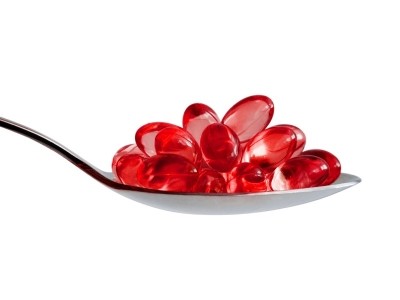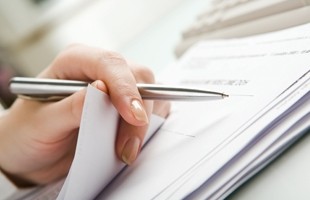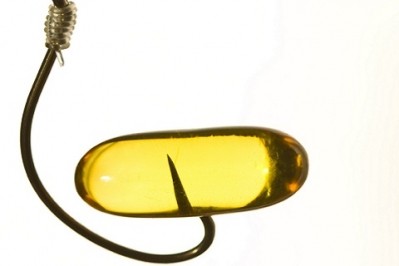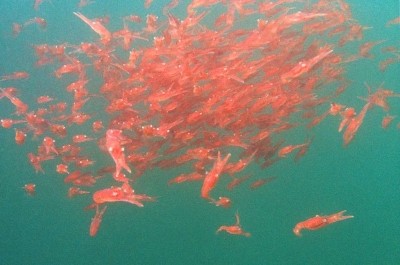USP's draft krill oil monograph could help bring consistency to sector

The monograph, which has been in development for several years and has gone through at least one major revision, is now in the public comment phase on the Food Chemicals Codex forum. The revisions to the monograph take into account data submitted by sector stakeholders.
USP officials are unwilling to name the participants, but as there are only a few places at this particular table, it’s pretty obvious who they are. On the supply end, three companies have been in the game since well before the submission of the first draft of USP’s krill standard in 2010: Québec-based Neptune, Israel-based Enzymotec and Norway-based Aker BioMarine, which also is the leading krill harvester. A fourth company has entered the field: In 2012, Olympic Seafood, another Norwegian fishing company like Aker, began harvesting krill and launched its Rimfrost krill oil brand.
Labyrinthine course for krill oil specification
The process of developing a krill standard has been a difficult one; the Global Organization for EPA and DHA Omega-3 (GOED) began trying to get the krill oil manufacturers together to agree on a standard a number of years ago, much as had been done successfully for fish oils.
“With krill oil there were discussions for many years for what a similar testing monograph would look like. That monograph never saw the light of day,” said Will Rowe, president and CEO of Nutrasouce Diagnostics, which provides a krill oil finished product testing service.
The work that was done during the GOED effort was set aside, and USP started in 2009 with a clean slate.
“It’s safe to say that we started from scratch,” Kristie Laurvick, USP’s chief scientific liaison for the krill monograph told NutraIngredients-USA. “We did have some communications with GOED through the process.”
“We started with regulatory approval of the ingredient and dossiers. In some of those documents the description of the ingredient is given,” she said.
“We start with how they test their product for quality and purity.”
Not just a summation of submissions
While USP did start with information that the krill companies have submitted to regulators as well as information they submitted directly to USP, the organization does have its own labs and scientists and can weigh in on the process directly.
“We question our sponsors all the time; there are many cases in which we suggests tests to our sponsors that they may not be doing,” she said.
One of the key portions of the monograph concerns the section dealing with the quantity and identity of the phospholipids contained within krill oil. A bone of contention in the category has been the marketing of some products using the words “krill oil” on the label that contain phospholipids from other sources, such as other marine species or plant-derived phospholipids, such as those from soy. The latest draft of the monograph includes an entirely new section on the testing of this component of krill oil.
“We felt that we could not realistically build a monograph to fully characterize krill oil that didn’t quantify these and give a better method of determining a profile of the types of phospholipids present,” Laurvick said.
“So we worked with multiple participants in the industry to develop the new proposal, which is an NMR analysis.”
The proposed monograph now enters a 90-day comment phase, after which follows an evaluation period and possible incorporation of additional changes. Finalization of the monograph would follow, possibly be late 2013.
Characterization is critical
How important would a final specification for this ingredient be? It may do little to pour oil on the troubled legal waters of the sector, but at least it will bring some confidence and consistency to a marketplace in which some products calling themselves krill oil contain less EPA and DHA and lower amounts of phospholipids than the top brands.
“We certainly believe that it is absolutely critical to define the product in the whole assessment of food safety” said Markus Lipp, PhD, director of food standards at USP.
“Any alleged health effects that are associated with this ingredient will have a dose response form and will depend on the authenticity of the product. Whether it is in fact what it claims to be or whether it is something else,” he said.
“An example that I always like to give is antioxidants. ‘Antioxidant’ is still used as a marketing tool, however there are numerous methods (to measure those) and there is no industry consensus about those methods so the numbers are all over the board and it confuses consumers,” Lipp said.
















